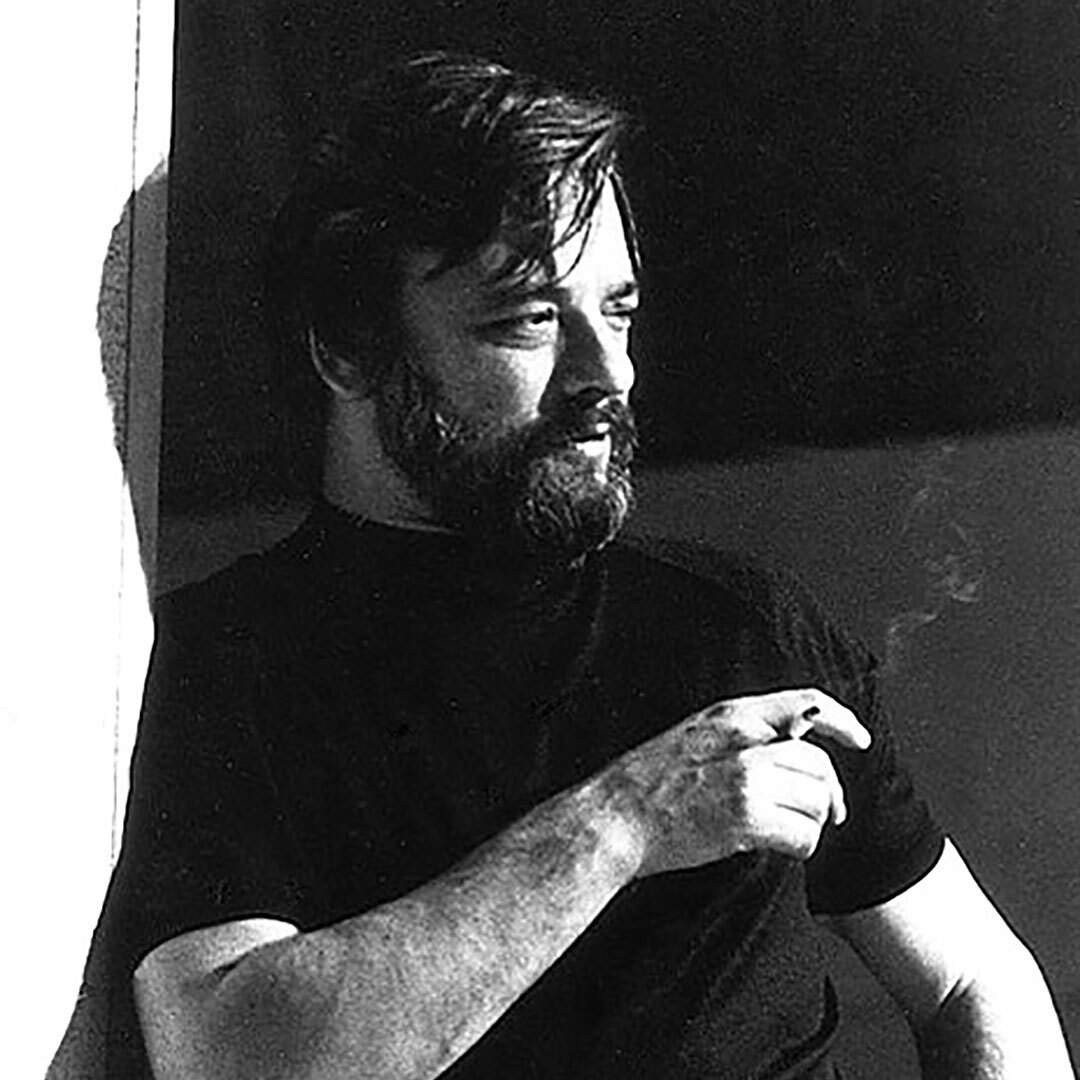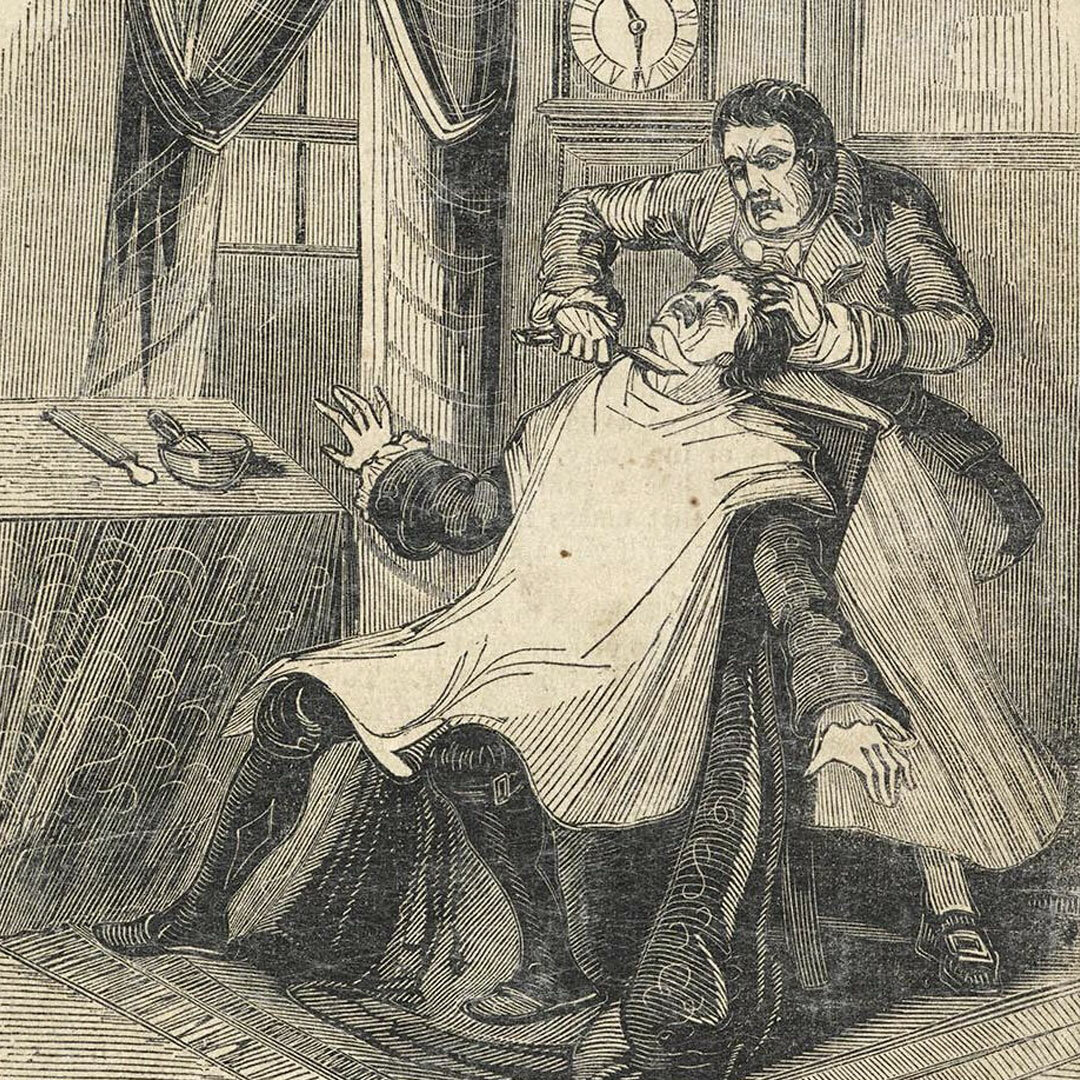Reviews of Sweeney Todd (2024)
"It is no exaggeration to say that from the ensemble to the demon barber himself, every single actor in this production is a master of their craft." - PDX Parent
Stephen Sondheim
Sondheim is considered one of the most important American composers — contributing to the sound and story of the American musical theatre. Read a brief biography and chronology of this celebrated, award-winning artist.
A Timeline of Sweeney Todd
From penny dreadful to Johnny Depp; a timeline of Sweeney Todd in popular culture.
An Interview with Sweeney Todd Director Chip Miller
PCS Literary Manager Kamilah Bush talked to Sweeney Todd: The Demon Barber of Fleet Street director Chip Miller about their deep connection to Sondheim and why "rage in the world" makes the show so relevant today.
PCS Picks: Favorite Sandwich Shops
Inspired by Clyde's, we at PCS have been in search of amazing sandwiches all throughout our local Portland area. We’ve decided to share our staff’s favorite picks!
Portland Center Stage is committed to identifying & interrupting instances of racism & all forms of oppression, through the principles of inclusion, diversity, equity, & accessibility (IDEA).













